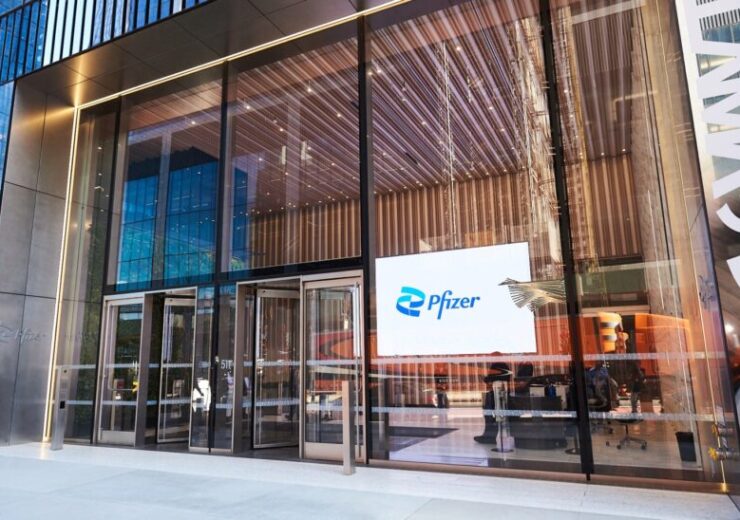These findings from the VLA15-221 Phase 2 study demonstrated a strong anamnestic antibody response for all serotypes in paediatric and adolescents as well as in adults one month after the administration of a booster dose

Valneva and Pfizer’s VLA15 showed strong immune response in both children and adolescents one month after booster dose in VLA15-221 study. (Credit: Pfizer Inc.)
Valneva and Pfizer announced that their Lyme disease vaccine candidate, VLA15, has shown positive paediatric and adolescent immunogenicity and safety data in Phase 2 VLA15-221 trial when administered as a booster.
VLA15 is an investigational multivalent protein subunit vaccine that targets the outer surface protein A (OspA) of Borrelia burgdorferi, a bacteria that is responsible for Lyme disease.
One month after the administration of a booster dose, these findings from the VLA15-221 Phase 2 study demonstrated a strong anamnestic antibody response for all serotypes in paediatric and adolescents as well as in adults.
Participants underwent seroconversion after the booster dose, with seroconversion rates (SCRs) of 95.3% or 94.6% for all OspA serotypes in all age groups, depending on the primary schedule they received.
In addition, OspA antibody titers were significantly higher one month after the booster dose compared to one month after the primary schedule.
It showed a growth of 3.3–3.7 folds in adults, 2.0–2.7 folds in adolescents, and 2.3–2.5 folds in children for all serotypes, Pfizer said.
Valneva chief medical officer Juan Carlos Jaramillo said: “We are pleased with these data which validate the use of a booster dose in all age groups. Lyme disease continues to spread, representing an important unmet medical need that impacts the lives of many people in the Northern Hemisphere.”
The finding from the Phase 2 study validates the vaccine candidate’s potential to offer immunity against Lyme disease in child and adolescent populations.
The vaccine candidate, whose Phase 3 trial was partly stopped in February, was well tolerated in all age groups regardless of the primary vaccination schedule, which is comparable with the safety and tolerability profile of VLA15 after a booster dose.
Pfizer Vaccine Research and Development head and SVP Annaliesa Anderson said: “We are encouraged by the positive Phase 2 results for VLA15, and, in partnership with Valneva, look forward to continuing to study the vaccine candidate in ongoing Phase 3 clinical trials.”
The company plans to submit a Marketing Authorisation Application (MAA) to the European Medicines Agency (EMA) and a Biologics License Application (BLA) to the US Food and Drug Administration (FDA) in 2026, subject to positive late-stage data.
